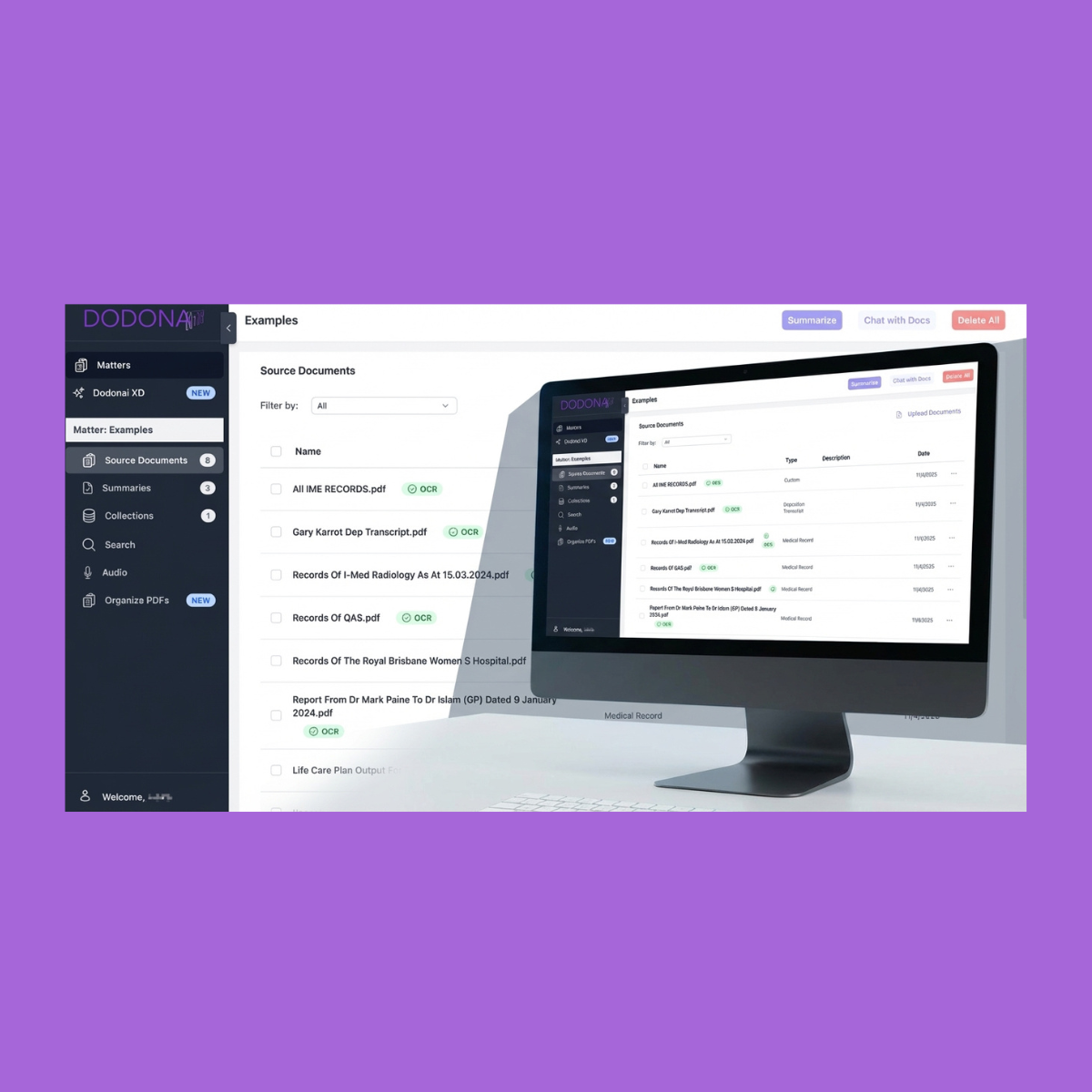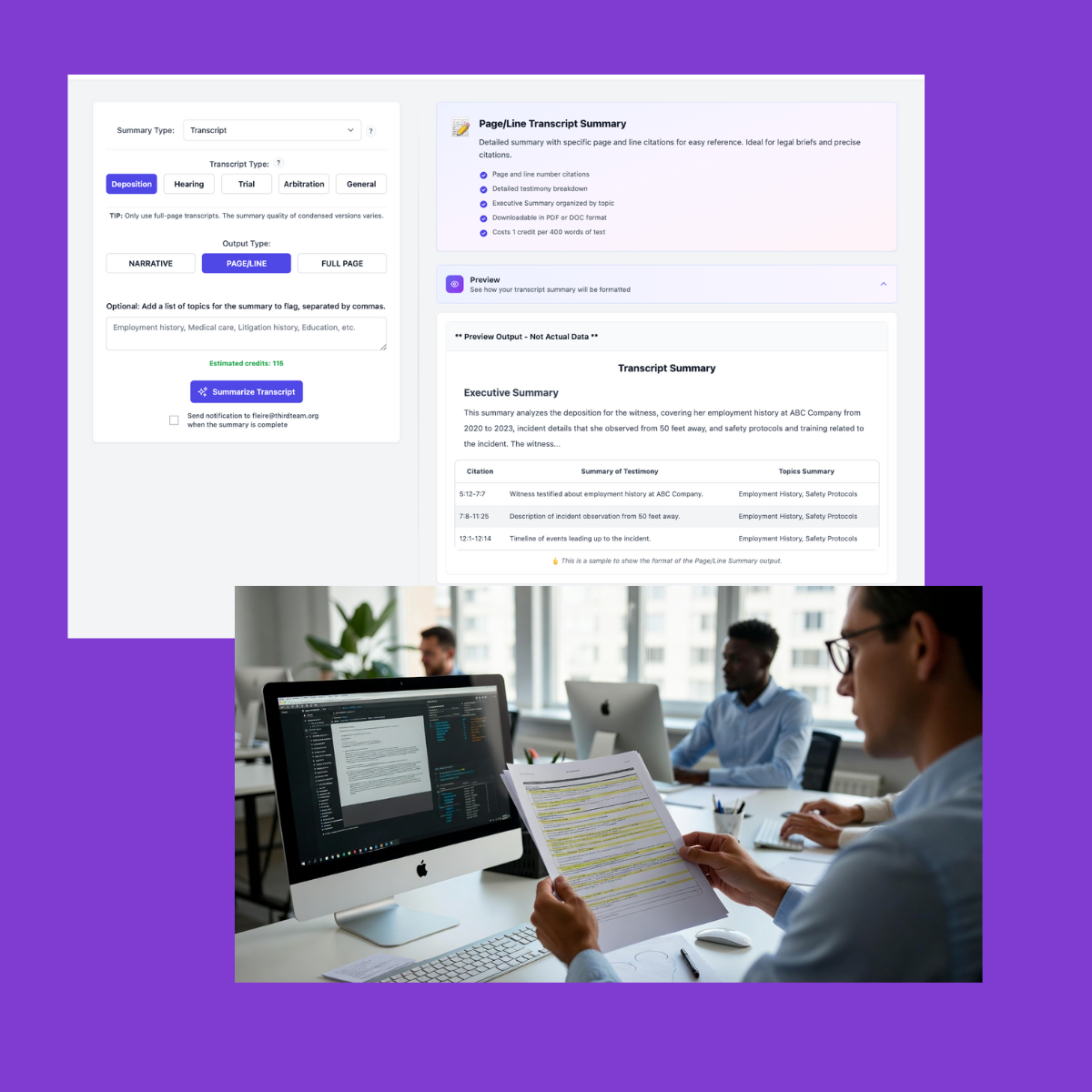
How Do Depositions Work? An In-Depth Exploration

Depositions are a fundamental aspect of the pre-trial discovery process in civil litigation, allowing parties to gather evidence by obtaining sworn testimony from witnesses. This post provides a comprehensive look at how depositions work, from the initial scheduling to the final use of deposition transcripts in court.
Scheduling and Notice
The deposition process begins with scheduling. The party seeking to take a deposition must provide notice to all parties involved. This notice includes the deposition's time, location, and the witness's name. If a party intends to record the deposition through video or other means, this must also be specified in the notice.
The Deposition Setting
Depositions typically take place outside the courtroom, often in attorneys' offices. Participants usually include the deponent (the person being deposed), attorneys from both sides, and a court reporter. Sometimes, a videographer is also present if the deposition is being recorded visually.
Role of the Court Reporter and Videographer
The court reporter plays a crucial role in the deposition process. They are responsible for creating a verbatim transcript of everything said during the deposition. This transcript serves as the official record. If a videographer is present, they will record the proceedings, providing a visual and auditory account of the deposition. Tools like Dodonai's deposition summary software and transcript management software can help you get the most from your deposition transcripts.
Conducting the Deposition
Depositions begin with the court reporter administering an oath to the deponent, promising to tell the truth. The questioning attorney then starts the examination, asking the deponent a series of questions related to the case. These questions cover the witness's knowledge of the facts, events, or statements at issue.
The attorney representing the deponent has the opportunity to object to questions. However, except in cases where the question requires a privileged answer, the deponent is usually required to answer. The objections are noted by the court reporter and can be ruled on by a judge later if the deposition transcript is used in court.
Cross-Examination
After the initial examination, opposing counsel has the opportunity to cross-examine the deponent. This part of the deposition allows the other side to ask their questions, challenge the deponent's statements, or seek clarification on earlier responses.
Use of Depositions in Litigation
Deposition transcripts can be used for several purposes in litigation, including:
- Pre-Trial Motions: Parties may use deposition transcripts to support motions to dismiss the case or for summary judgment.
- Trial Preparation: Attorneys use deposition transcripts to prepare for trial, including developing questioning strategies and identifying areas for cross-examination.
- Evidence at Trial: Under certain conditions, deposition testimony can be presented as evidence at trial, especially if the witness is unavailable to testify in person.
Conclusion
Depositions are a critical component of the discovery process, providing a unique opportunity to gather information, assess witness credibility, and develop legal strategies. Understanding how depositions work is essential for legal professionals and anyone involved in the litigation process. Through careful preparation and strategic questioning, attorneys can leverage depositions to strengthen their cases and advocate effectively for their clients.
Try Dodonai Free










.png)















